Frequently Asked Questions (FAQs) 


Are public facilities in India disabled-friendly? Do Indian hospitals have special needs facilities?

- Pre surgical consultations.
- Transport to and from the Airport or Hotel if required.
- Surgeon and Anesthetist fees in relation with the operation.
- Operation theater fees and medical and surgical appliances costs in relation with the operation.
- Nursing care, diagnostic and therapeutic services costs during in-patient stay at the Hospital in relation with the operation.
- In-patient drugs and dressing, implants.
- In-patient X-ray and physiotherapy as prescribed by Surgeon.
- In-patient accommodation and meals.
| Procedure/Treatment | India ($) | USA ($) | UK (GBP) |
|---|---|---|---|
| Open Heart Surgery (CABG) | 7,500 | 100,000 | 20,000 |
| Total Knee Replacement | 7,000 | 48,000 | 15,000 |
| Hip Resurfacing | 8,000 | 55,000 | 15,000 |
| LA Hysterectomy | 4,000 | 22,000 | 6,000 |
| Lap Cholecystectomy | 3,500 | 18,000 | 4,000 |
| Spinal Decompression Fusion | 7,100 | 60,000 | 32,100 |
| Obesity Surgery (Gastric Bypass) | 9,800 | 65,000 | 12,000 |
| (*)Prices are only indicative and may change due to currency fluctuations or other external cost factors | |||
- Oral Medication - Herbal medicines in tablet, concoction, oil, lehya, syrup forms
- Therapeutic massages consisting of the following:
- Panchakarma/ Bio cleansing measures (vasti, virechanam, vamanam, rakta moksha, nassyam)
- Adjuvant measures (medicated paste, oil bandages)
- Tarpanam,Putapaka (for eyes)
- Kerala special treatments (shirodhara, Navarakizhi, pizhichil)
- Muscle/ Bone/ Joint Conditions
- Arthritis (Rheumatoid Arthritis, Osteoarthritis, Ostea
- Cervical/ Lumbar spondylitis, Sciatica
- Back/ neck/ joint pains
- Ankylosing Spondylosis
- Gout
- Neurological rehabilitation
- Stroke/ paralysis rehabilitation = Pakshaghata
- Road Traffic Accident rehabilitation
- Parkinson’s disease = Kampavata
- Women’s health/ Gynaecological Issues
- Menstrual Disorders
- PCOS/ PCOD
- Infertility
- Fibroids
- Endometrial Hyperplasia
- Dysmenorrhea
- Pediatric Disorders
- Cerebral palsy = Phakka Roga
- Autism / ADHD = Bala unmada
- Global developmental Delay = Masthulunga kshaya
- Metabolic disorders
- Diabetes and related complications
- Thyroid
- Fatty liver
- Hypertension
- Obesity
- Gastro-Intestinal disorders
- Irritable Bowel Syndrome/ Disease
- Acid Peptic Disorders
- Ulcerative Colitis
- Crohn’s Disease
- Chronic Constipation
- Mental disorders
- Psychosis = Unmada
- Depression = Kaphaja unmada
- Anxiety disorder: Manovikara
- Insomnia: Nidranasa
- Deaddiction
- ENT disorders
- Meniere's disease = Karnanadam
- Hearing loss = Badhiryam
- Vertigo = Bhramam
- Sinusitis = Peenasam
- Diabetic Retinopathy
- Age Related macular degeneration
- Computer vision syndrome
- Glaucoma
- Parasurgical procedures
- Piles = Arsas
- Fistula, Hydradinitis sappurativa, pilonidal sinus
- Perianal abscess = vidradhi
- Fissures
- Non healing wounds/ ulcers
-
Geriatric diseases
- Alzheimer’s disease, Dementia = Smritinasam
- Insomnia = Nidranasam
- Degenerative joint disease = Sandhivata
- Degenerative Brain Disease = Mastulunga Kshayam
- Rejuvenation = Rasayanam
-
Reproductive disorders
- Male subfertility, erectile dysfunction = Shandata, claibya
- Female subfertility = Vandhyata
-
Gynecological disorders
- Menstrual disorders = Arthavadosha
- Dysmenorrhoea = Kricharthava





